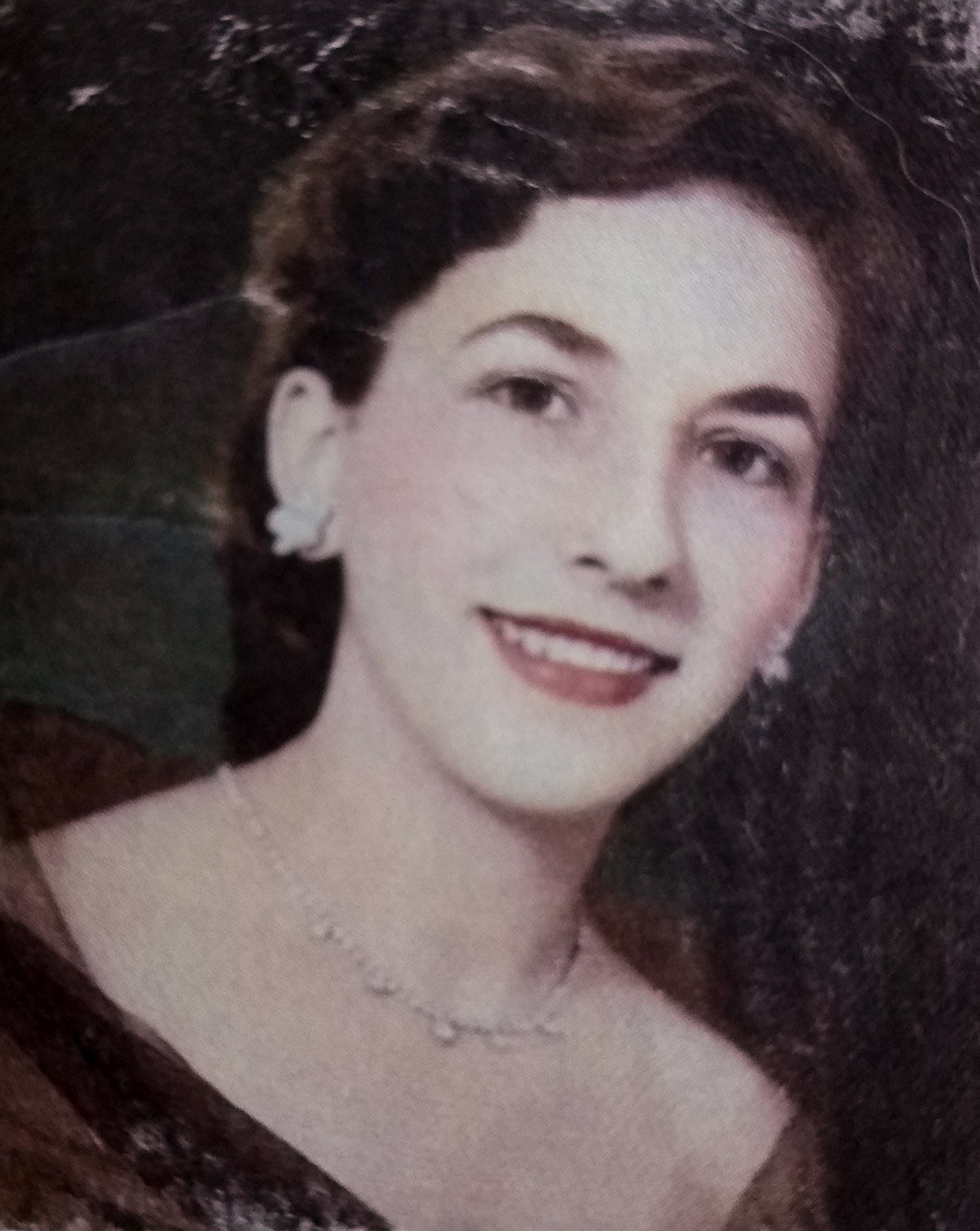HBM103: Fate's Notebook
/Reynaldo Gulin at his funeral, wearing the clothes he wore on the day he was initiated into Santeria. (Photo by Maritza Gulin, edited by Jeff Emtman)
Somewhere in Maritza Gulin’s basement, there’s a typewritten notebook that belonged to her father, Reynaldo. The notebook contains essential advice and warnings to Reynaldo, his wife Flora, and their five children.
Content Note:
Suicide, mental illness, animal sacrifice, language.
In his younger life, Reynaldo’s atheism was strong and biting. But chronic migraines would often flatten him for days at a time. A stranger approached Reynaldo one day on the subway to tell him that he’d always suffer until he got right with God.
Reynaldo subsequently became an adherent to two related Afro-Cuban* religions: Palo Mayombe and Santeria. Palo focusses on veneration of spirits of the dead and of the earth. Santeria focusses on a pantheon of demigods called “Orishas”, who are usually represented by equivalent Catholic saints.
The notebook in Maritza’s basement is notable for its specificity. When she recently rediscovered it, she found warnings for her father against eating beans, sleeping with all the lights off, a requirement for white pajamas, a prohibition on horseback riding. Reynaldo followed these rules. He believed in fate, and was pretty accurate at predicting the time of his ultimate death from old age.
Michelle Santana is a childhood friend of Maritza’s. She’s a psychic medium who’s not been formally initiated into Santeria, but she often consults the Orishas and the dead while working with her clients. She’s done a number of readings with Maritza. Michelle, too, believes in fate, saying that, cruel as it seems, some people are just destined live bad lives, die young, and nothing can be done to change that.
Maritza’s youngest sister, Vanessa, was born when Maritza was already an adult, so Maritza helped take care of her youngest sister. Vanessa experienced severe depression, especially after the birth of her first child. She committed suicide.
After her Vanessa’s death, Maritza and her mother Flora lost their faith. They asked: if the future’s written, why weren’t they warned? Why weren’t they told either in the notebook or during their regular psychic readings. Flora says she’s mad at God. Maritza says she no longer believes in destiny.
Despite this, Maritza still treads lightly around some of her father’s belongings. Some of this is due to respect for her father’s desires, and some of it is based on an abundance of caution. She recently deconsecrated a black metal cauldron that her father used in ceremonies. Michelle told her to bury it in her backyard or throw it in a river. Maritza did the former. Inside, she found a toy revolver, a pair of ram’s horns, railroad spikes, and other small items.
Santeria’s practice of live animal sacrifice wound up in the US Supreme Court in the early 90’s as Church of Lukumi Babalu Aye, Inc. v. City of Hialeah, in which a city in Florida passed an ordinance banning the practice of killing animals “in a public or private ritual or ceremony not for the primary purpose of food consumption”. The court ruled unanimously that this ordinance was unconstitutional, citing its attempt to restrict religious practice.
Producer: Jeff Emtman
Editor: Jeff Emtman
Music: Circling Lights, The Black Spot, Serocell
*Today, Santeria and Palo are practiced across much of the Caribbean, especially Cuba, Haiti, the Dominican Republic. Other areas of Caribbean diaspora like Florida, New York and New Jersey also have significant populations of believers. However, solid numbers of followers are hard to estimate due to the religion’s decentralization, which also contributes to the varying beliefs across adherents of different origins. If you practice or used to practice Santeria/Palo/Ifa, we’d love to hear your thoughts. Tweet at us @HBMpodcast.
If you are feeling suicidal, the Suicide Prevention Lifeline can help in the USA (phone: 1-800-273-8255). Outside the USA, consult Suicide.org’s list of hotlines. If you’re experiencing postpartum depression, Postpartum Support International has links to local organizations that can help you.
A dream about flamingos avoiding deep water, as interpreted by Reynaldo. (Photo by Maritza Gulin)











